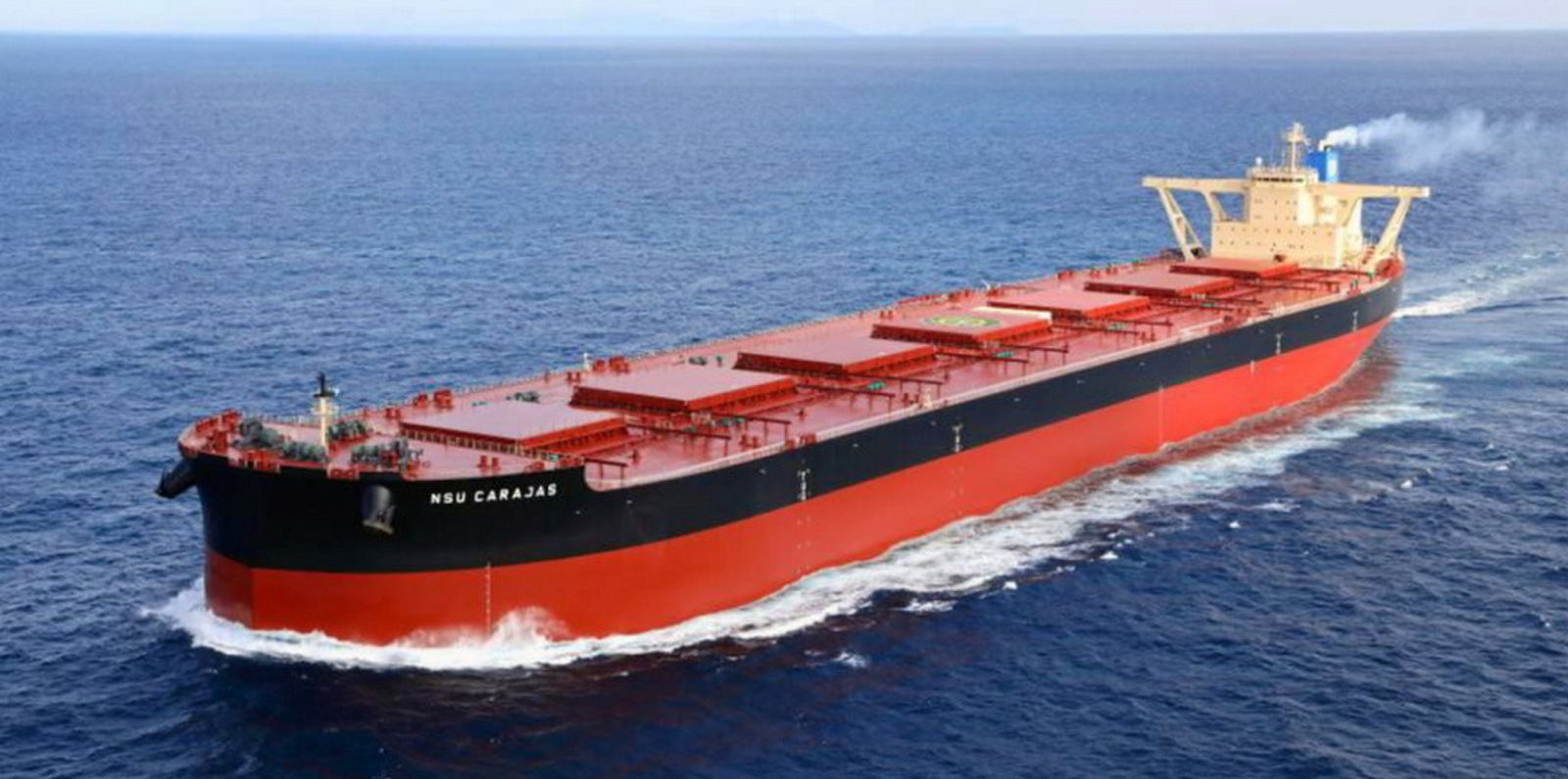The Development Bank of Japan (DBJ) has become the latest financial institution to sign up to the banking sector’s Poseidon Principles green lending code.
The bank said that based on the principles it would now “disclose the yearly contribution of its ship finance to the reduction of greenhouse gas emissions”.
DBJ becomes the 27th signatory to the voluntary scheme and joins a growing number of Asian financial institutions who have signed up. The principles now cover over $185bn in loans to international shipping.
In March, a group of Japanese lenders comprising Shinsei Bank, MUFG Bank, two Sumitomo Mitsui Financial Group companies, and Sumitomo Mitsui Trust Bank came on board.
However, there has generally been a slow take up among Asian banks, especially those in China, compared with their Western counterparts.
The principles were launched in June 2019 in a bid to help the sector reduce carbon emissions by aligning banking portfolios to the International Maritime Organization's targets.
“DBJ has a firm commitment to the realisation of a sustainable society,” the company said in a statement posted on its website.
“As a financial institution with a long history in Japanese shipping, we are honoured to participate in the Poseidon Principles, an international framework for the shipping industry to address climate change.
“Through our participation in the principles, we will actively support the shipping industry’s efforts to achieve a sustainable society as we promote our customers’ sustainable growth through financial expertise.”
Transportation accounts for about 21% of DBJ’s loan book of ¥14.4bn ($132bn), according to a recent investor presentation.
However, the government-owned bank did not provide a breakdown of how that is split across shipping, land and the aviation sectors.
The bank previously helped put together the financing for NS United Kaiun’s 400,000-dwt NSU Carajas (built 2019), the first Valemax to be built in Japan for a Japanese shipowner.
It has also invested in Japan’s domestic ferry sector as well as Japanese LNG bunkering company Ecobunker Shipping.





